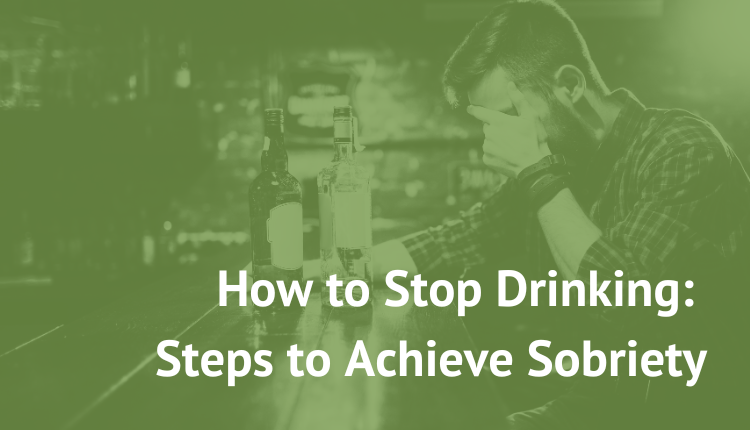If you’re struggling with alcohol, learning how to stop drinking can feel overwhelming. But with the right support, it’s possible to reach long-lasting sobriety. It’s important to recognize that recovery is a journey, not a one-time fix. Many people have successfully navigated this path. By taking the right steps, you can regain control of your life and improve your health and well-being.
Understanding How to Stop Drinking
The first step in learning how to stop drinking is to assess how alcohol impacts your life. Reflect on how drinking is affecting your relationships, physical health, mental well-being, and professional life. If alcohol is causing issues in any of these areas, it may be time to make a change. Recognizing the need to stop drinking is essential for starting the recovery process.
Setting Clear, Realistic Goals
Once you’ve identified the need for change, it’s crucial to set clear and achievable goals. These goals should be specific and manageable. For some, the goal may be to reduce alcohol consumption, while for others, it may involve quitting altogether. Establishing small, manageable steps toward your goal can help you stay motivated and make progress without feeling overwhelmed.
Seeking Professional Help
Stopping alcohol use without help can be difficult. Finding professional support greatly increases your chances of success. There are a variety of treatment options, including outpatient therapy, counseling, and structured treatment programs. One common approach is Cognitive Behavioral Therapy (CBT), which helps individuals understand the root causes of their drinking habits and learn new ways to cope with stress. Professionals can create personalized plans based on individual needs, increasing the chances of long-term sobriety.
Building a Support System
Building a strong support network is crucial for maintaining sobriety. Family, friends, and recovery groups can provide encouragement and accountability. Support groups such as Alcoholics Anonymous (AA) allow people to connect with others who share similar experiences. These groups foster a sense of community, reducing the feeling of isolation that can sometimes accompany the recovery process. Having a support system in place helps individuals stay focused and motivated as they work toward their goals.
Developing Healthy Coping Strategies
Many people use alcohol as a way to cope with stress or difficult emotions. Learning new, healthier coping strategies is a vital part of recovery. Physical activities, relaxation techniques, and hobbies can all provide healthy alternatives to drinking. These strategies not only help reduce the urge to drink but also promote overall mental and physical well-being. Over time, these healthier habits can replace alcohol as a way to manage stress.
Committing to Long-Term Recovery
Stopping drinking is just the first step in the recovery journey. Long-term sobriety requires a lasting commitment. Continuing therapy, attending support groups, and using available resources can help maintain sobriety over time. It’s important to remain engaged with recovery programs, even after you have stopped drinking. The process of recovery is ongoing, and with dedication, long-term sobriety is achievable.
New Paradigm Recovery: Outpatient Alcohol Addiction Treatment
At New Paradigm Recovery, we offer expert outpatient alcohol addiction treatment to help individuals stop drinking and maintain their sobriety. Located in Northern Virginia and serving the Metro DC area, we provide flexible treatment options, including Intensive Outpatient Programs (IOP) and personalized therapy sessions. Our programs allow clients to continue their daily lives while receiving the structured support they need. Whether through individual counseling or group therapy, our team is committed to helping you build a strong foundation for long-term recovery. Contact us to learn more.

